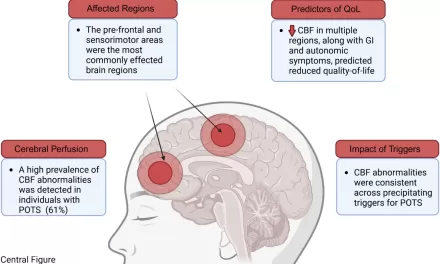New Haven, CT – A groundbreaking study from Yale University has shed light on the long-standing mystery of infantile amnesia, the phenomenon of adults not remembering specific events from their earliest years. Researchers have discovered that infants’ brains are indeed capable of encoding episodic memories, challenging the prevailing theory that the underdeveloped hippocampus prevented such memory formation.
The study, published in the journal Science, utilized functional magnetic resonance imaging (fMRI) to observe the hippocampal activity of infants aged four months to two years. Researchers presented the infants with new images and later tested their recognition. The results indicated that increased hippocampal activity during the initial viewing of an image correlated with a higher likelihood of the infant recognizing that image later.
“When babies have seen something just once before, we expect them to look at it more when they see it again,” explained Nick Turk-Browne, professor of psychology at Yale and senior author of the study. “So in this task, if an infant stares at the previously seen image more than the new one next to it, that can be interpreted as the baby recognizing it as familiar.”
The research team, led by Tristan Yates, a former graduate student and now a postdoctoral researcher at Columbia University, found that the posterior part of the hippocampus, the same area associated with episodic memory in adults, showed the strongest encoding activity. This suggests that the biological mechanisms for forming episodic memories are present in infants earlier than previously thought.
The study also revealed that the strength of memory encoding increased with age, particularly in infants older than 12 months. This finding aligns with the understanding that different neuronal pathways in the hippocampus develop at different stages. Statistical learning, which involves extracting patterns from events, develops earlier than episodic memory, which focuses on specific events.
The researchers are now investigating what happens to these encoded memories over time. “One is that the memories may not be converted into long-term storage and thus simply don’t last long. Another is that the memories are still there long after encoding and we just can’t access them,” said Turk-Browne.
Ongoing research includes testing if infants, toddlers, and children can remember home videos from their younger years, with preliminary results suggesting these memories might persist until preschool age.
“Tristan’s work in humans is remarkably compatible with recent animal evidence that infantile amnesia is a retrieval problem,” Turk-Browne stated. “We’re working to track the durability of hippocampal memories across childhood and even beginning to entertain the radical, almost sci-fi possibility that they may endure in some form into adulthood, despite being inaccessible.”
This research marks a significant step in understanding the development of human memory and challenges long-held beliefs about infantile amnesia.
Disclaimer: This news article is based on the provided information and should not be taken as medical or scientific advice. Further research and peer review may be necessary to validate these findings. The interpretation of fMRI data and the conclusions drawn from infant behavior are subject to ongoing scientific discussion and refinement.












